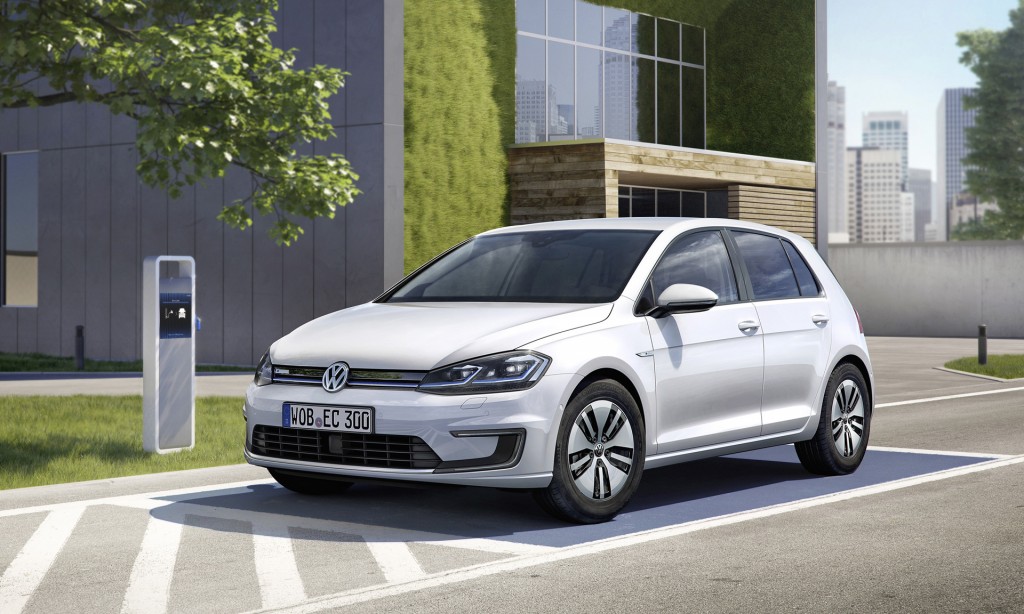The Volkswagen diesel settlement for 2.0-liter TDI models, approved at the end of October, includes a provision for $2 billion in funds to install charging or fueling infrastructure for zero-emission vehicles.
There has been considerable debate over what those funds should be used for, and how they should be administered.
The vast majority of the funding is expected to go toward electric-car charging stations, but charging networks, electric-car advocates, and some politicians have questioned whether VW should be left in charge of spending it.
DON'T MISS: Congressmen question EPA over VW funds for electric-car charging
The latest round of the debate took place in Congress, where on Tuesday lawmakers questioned the inclusion of the zero-emission infrastructure provision in the VW diesel settlement, as reported by The Detroit News.
Republicans on the House Energy and Commerce Committee argued that the provision would give Volkswagen an unfair advantage over competitors, because it would be developing infrastructure that could be used by its own electric cars.
While previously it was far from a leader in electric cars, VW now says it is committed to them as it seeks to recover from the diesel scandal and prepare for stricter future emissions standards.

2017 Volkswagen e-Golf
By 2025, the company hopes to be selling 1 million electric cars per year, and it plans to begin building electric cars in North America in 2021.
Representative Tim Murphy [R-PA]—chairman of the Energy and Commerce Committee's Oversight and Investigations panel—argued that it did not make sense for Volkswagen to potentially profit from something it was ostensibly being punished for.
ALSO SEE: Battle over VW's $2 billion fund for electric-car charging: sorting out the questions
Murphy made similar points in a letter to the U.S. Environmental Protection Agency (EPA) last month, co-authored with Rep. Fred Upton [R-MI].
The letter questioned whether the zero-emission infrastructure funding should have been included in the settlement at all, and included 21 questions about the funds.
These focused on what measures the federal and state governments will take to ensure the funding does not give VW an unfair competitive advantage.

BMW i3 and Volkswagen e-Golf electric cars using Combined Charging System (CCS) DC fast charging
Democrats on the Oversight and Investigations panel sided with the EPA and its inclusion of the funding provision in the settlement, according to The Detroit News.
Republican members of Congress aren't the only ones questioning how the $2 billion in funding should be administered.
MORE: VW plans to build electric cars somewhere in N America after 2020
Electric-car advocates have questioned whether Volkswagen should be allowed to oversee the infrastructure plan, and to end up owning the charging stations it funds, as specified in the settlement.
Charging-network operator ChargePoint went so far as to file an amicus brief during the comment period for the settlement, although its recommendations were ignored.
_______________________________________________












